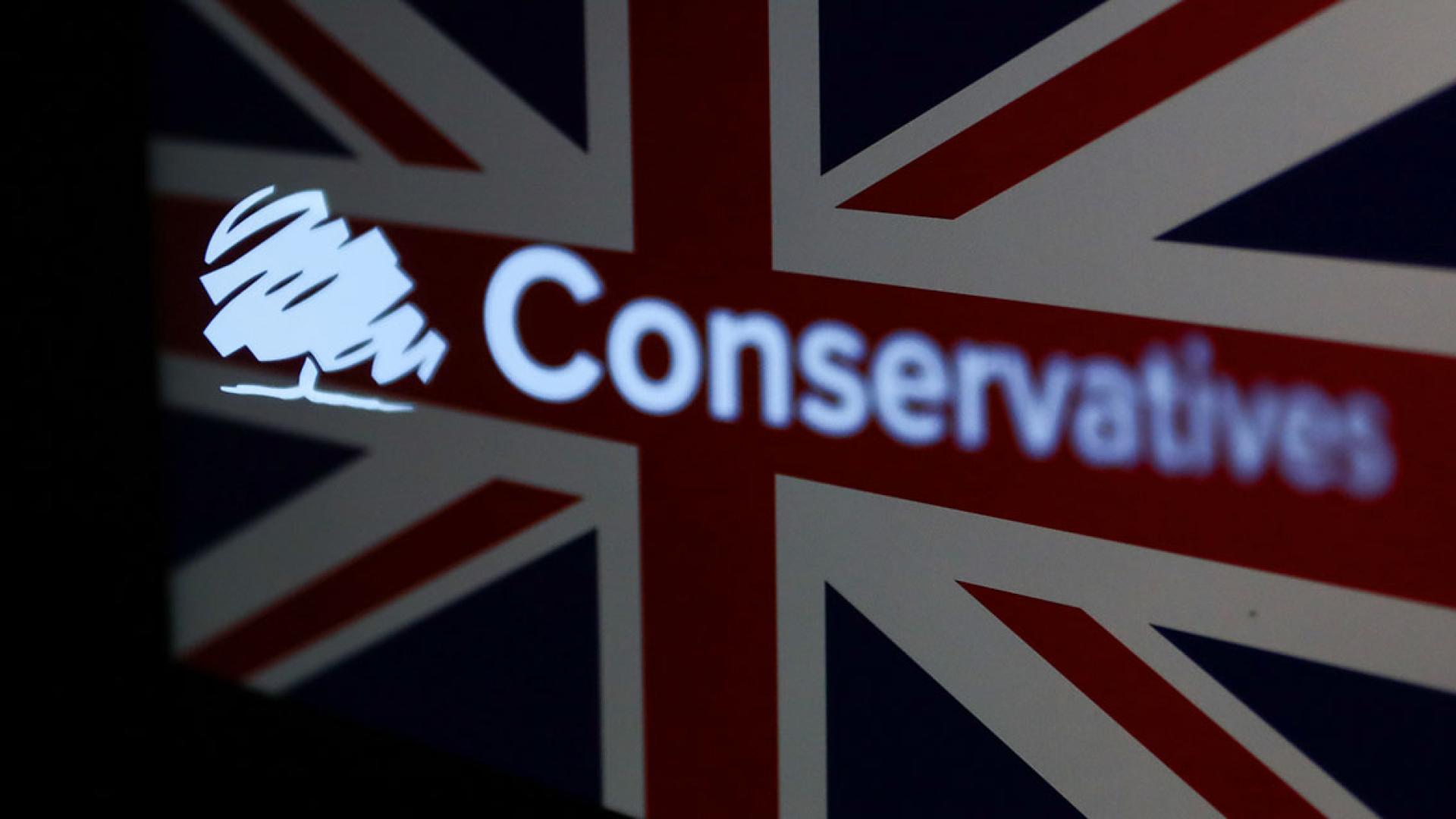Ben Roberts
As the curtains fall on this week's Conservative conference, the charity sector is left pondering a curious narrative that’s been thrust upon it. Once again, comments have been made that reinforce the difficulties that charities are apparently doomed to face when standing at the intersection of politics and philanthropy.
On the one hand, Conservative politicians are taking a bold stance against certain behaviours within the sector, accusing charities of harbouring political biases, and delivering warnings to steer clear of politics to maintain public trust. On the other, charities have been vocal this week in advocating for policy changes to alleviate the burdens faced by the public in the throes of a cost-of-living crisis. This week, we’re taking a look at the headlines around the conference and seeing what our research tells us about the opinions expressed on both sides.
The Conservative Perspective
This week saw Conservative politicians leading discussions in which charities’ motives were called into question. The most visible instance of this came from Suella Braverman who called out the sector for political bias, criticising the charities that back Labour to oppose her immigration plans. This comment serves to undermine the voices and public work of charities, reducing the sector to a politically motivated lackey for the opposition, rather than a collection of autonomous entities who are in this instance unified against her plans.
Meanwhile, Conservative politician and Former Charity Commission chair Baroness Stowell took the time to recommend that charities avoid “contentious debates”, and that political activism was behind the “worrying divergence in public trust” that the sector is facing. This advice may largely have been stoked by the RSPB tweets last month, but reflects a long-term push by the Conservatives to remove charity voices from political channels. By echoing concerns about politics in charity, this comment may appear to be friendly advice to safeguard public faith in the third sector; but even framed this way, a recommendation of quieter advocacy fails to address the political frustrations behind our campaigning.
Charities' Responses
Even whilst one speaker talked about concern for public trust in charities, another sought to directly harm this trust for political gain. It’s therefore no surprise that the sector was keen to reply. Rather than shying away from politics, Jane Ide, chief executive of Acevo, argued that Braverman’s comments sought to damage the reputation of charities, and that “her statements are both incorrect and damaging to our democratic society”.
Constructive talks from charity sector leaders sought to continue advocating for political changes to better support charities and the growing needs of the struggling public. Helen Barnard of Trussel Trust recommended that politicians need to create room for charities to “do their thing”, while former charities minister Mims Davies advocated for “a whole system approach” and simpler, impact-based approach to enacting policy.
What’s the reality behind these comments?
After 13 years of Conservative leadership, it’s inevitable that clashes would occur as charities speak out about policy changes over this period. But is it simply that being in leadership makes for inevitable conflict? Perhaps not – as our research has shown, Conservative politicians have a different idea about what the role of charities is. Last year we covered that while 26% of Labour MPs believe that lobbying government is an important role of charities, only 4% of Conservative MPs believe the same. This clear split indicates the basic issue at play: many Conservatives do not approve of charities having a seat at this table.
Of course, a large concern around these comments is how the public will respond. Is the so-called “divergence in public trust” a reality? Luckily, our research says the opposite. As of August this year, public trust in charities is at a decade-long high, with 70% of the public saying that they trust the sector overall. Meanwhile, only 7% of the public trust political parties; this certainly makes one hopeful that the public will back the charity sector in matters of politics in future.
Overall, the voices we hear speaking on behalf of charities in the corridors of power are a necessary element of the political ecosystem. Those that work directly with those in need will be best equipped to understand what those needs are – and MPs need to be open to constructive dialogue and even criticism if it means providing better support to the public.
For more information about our research with MPs, consider downloading a briefing pack below.

